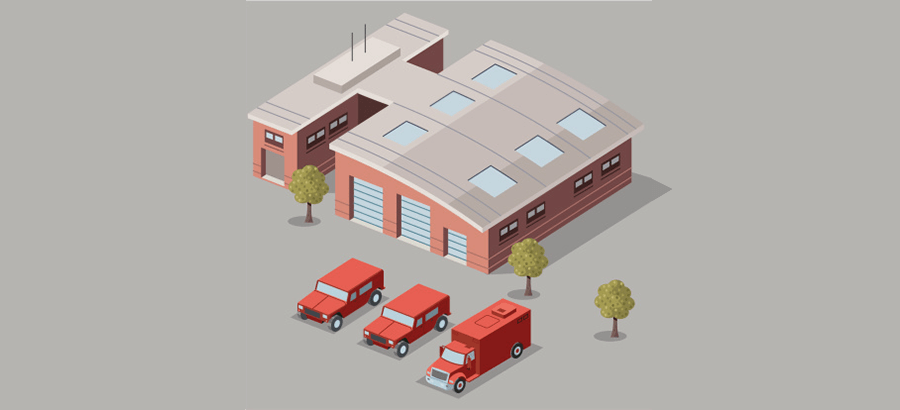People often assume that ERP systems are only for larger companies. But, consider this – if you run a small or medium sized business, do you lie awake at night worrying about the following things:
- Is there a way to improve our inefficient processes?
- Can we grow without growing pains?
- Will the business remain viable or successful in the long term?
If the answer is yes, you could try counting sheep or drinking warm milk to have a peaceful sleep; or perhaps consider investigating if an ERP system could help.
Let’s take a closer look at four challenges faced by small businesses:
- Inefficient Processes
Small companies tend to have tedious manual processes. How many times do you and your employees wish there was an easier way to get the job done? For example, it can be time-consuming to check if a supplier’s invoice matches what you received on the purchase order. Or for a customer service rep to determine the status of a customer’s order. How many documents do you have to find, or people do you have to chase, to perform these tasks?Another time-waster is re-entering data into multiple systems. It’s also error prone. Thus you are making important business decisions based on old, or inaccurate information. Multiple systems also take longer to learn than a single system, and you must deal with multiple software vendors and licenses.All of this escalates to wasted time. Wouldn’t you rather spend that time on money-making activities?An Aberdeen Group report found that small/medium companies using an ERP system outperformed companies without one. Even the ERP Laggards significantly outperformed the No ERP’s! - Managing Growth
Small businesses often struggle with growth. One type of growing pain are compliance issues. For example, gathering data to prove compliance to large customers, or to adhere to government regulations can be tedious. How long would it take you to trace materials through your supply chain? ERP systems make compliance easier because they follow industry best practices and let you retrieve compliance-related data faster.Another type of growing pain is poor customer service and retention. If your business can’t satisfy higher order volumes, customers will go to your competitors, and your growth will stall.An ERP system lets you handle larger order volumes efficiently and track inventory accurately – resulting in fulfilled orders, happier customers, and growth of your business. - Long Term Viability of Your Business
Small business owners often worry about their company’s long term survival and growth. For example, can your business scale up to satisfy much larger customers? Or does doubling your sales require doubling your head count? An ERP system helps because software scales up better than people do.Another big concern is: what if key people leave? Is your business highly dependent on the strategic knowledge in their heads? This is a huge risk for many small businesses. It also leads to burnout of your key employees.Using an ERP system lets you transfer your business processes from inside people’s heads, into the software. Thus, the system is independent of the people operating it. This means you and your key employees can finally take a vacation and not worry that the business will fall apart. - Aren’t ERP Systems Too Expensive and Complicated for My Small Business?
So you’re still not convinced… You think that it’s too complicated and expensive, and that it requires more people and more time to ‘feed the beast.’Yes, you’ll have to put in effort up-front to adopt new processes and implement the system. However, once you’re past the learning curve the efficiencies stay with you. You keep your current people who now use the ERP system to be more efficient. Same staff. More work done.An ERP system may at first glance appear complex but it is modular, so you can implement it in phases based on business need and team availability.
The final concern is, of course: money. You don’t have to spend a fortune to implement an ERP system but yes there is a cost. Even so, there are various options available to ease the burden:
- Most ERP companies can recommend leasing companies that will help finance the purchase.
- Cloud or software-as-a-service options turn ERP into an operational expense with monthly billing rather than a capital expenditure.
- Finally, many countries have government and related agencies that offer funding for projects, like ERP implementations which increase efficiencies or productivity.
SYSPRO has solutions available which are suitable for a wide range of business needs, in multiple markets and sectors. Get in touch today to discuss your options with us.








